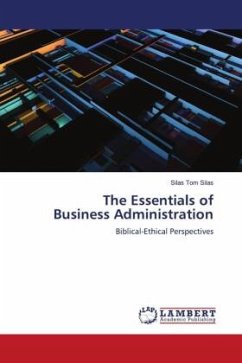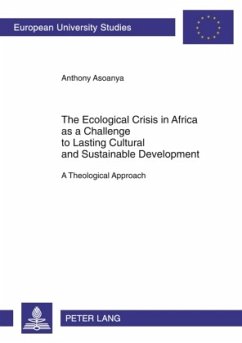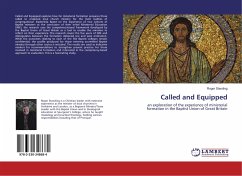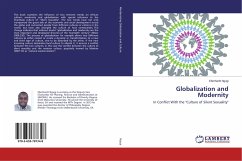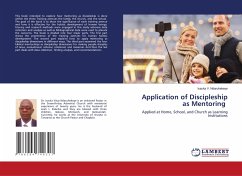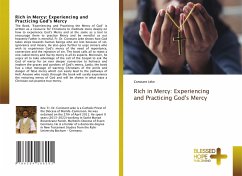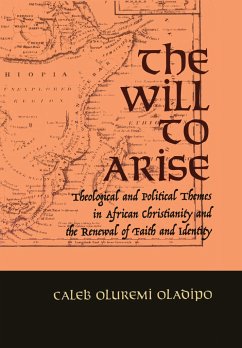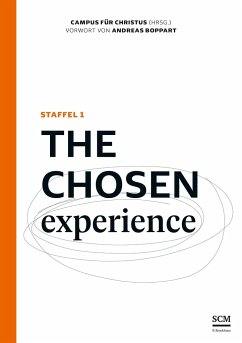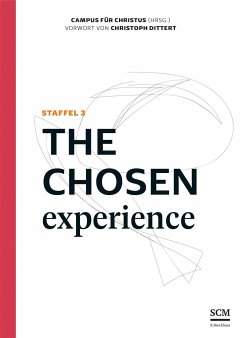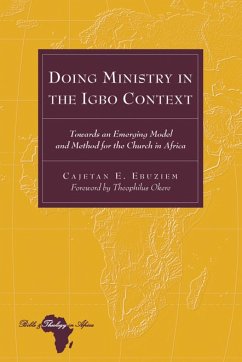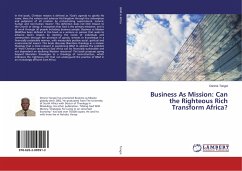
Business As Mission: Can the Righteous Rich Transform Africa?
Versandkostenfrei!
Versandfertig in 6-10 Tagen
37,99 €
inkl. MwSt.

PAYBACK Punkte
19 °P sammeln!
In this book, Christian mission is defined as "God's agenda to glorify His name, bless the nations and advance His Kingdom through the redemption and judgment of all creation by orchestrating supernatural, natural, human and non-human means". This definition does not limit mission to the Church or clergy; it recognises that God is the primary missioner, and is at work through all people including business people. Business as Mission (BAM)has been defined in this book as a venture or person that seeks to advance God's mission by meeting the needs of individuals and communities through the provi...
In this book, Christian mission is defined as "God's agenda to glorify His name, bless the nations and advance His Kingdom through the redemption and judgment of all creation by orchestrating supernatural, natural, human and non-human means". This definition does not limit mission to the Church or clergy; it recognises that God is the primary missioner, and is at work through all people including business people. Business as Mission (BAM)has been defined in this book as a venture or person that seeks to advance God's mission by meeting the needs of individuals and communities through the provision of goods, services or knowledge in a financially sustainable manner, with measurable positive social, spiritual and environmental impact. This book discusses liberation theology as a mission theology that is most relevant in positioning BAM to address the problem of "How Christian ventures in East Africa can be financially sustainable and not dependent on declining Western resources? The book proposes going beyond liberation theologies to a theology of reconstruction, which embraces the 'righteous rich' that can underguard the practice of BAM in an increasingly affluent East Africa.



